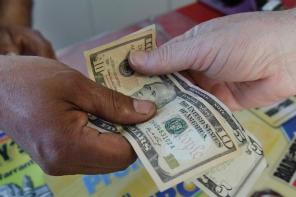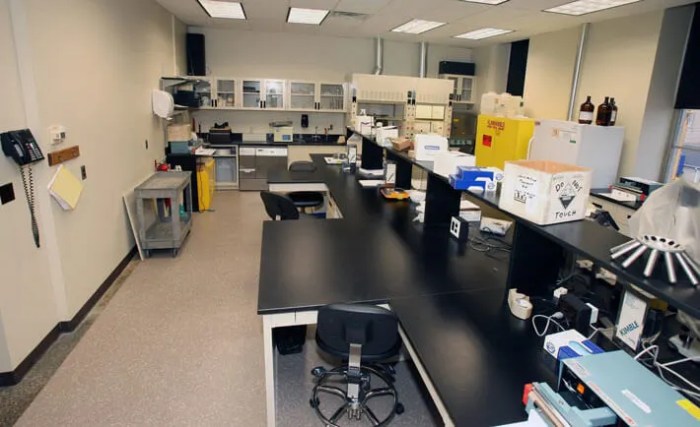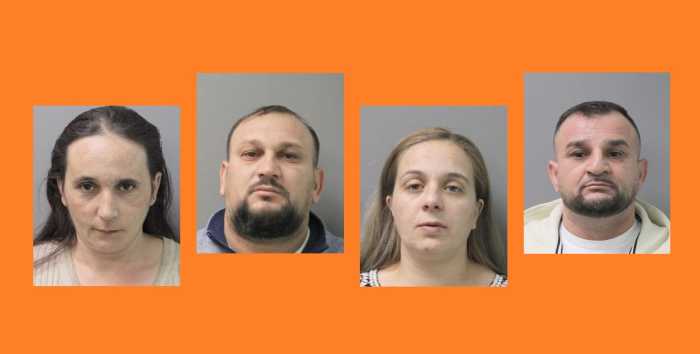
Every day we make little choices that we don’t think of as important. Should I grab a coffee before work or make a cup before I leave home? Pizza or a cold-cut sandwich for lunch? It turns out these little choices could have major impacts on our bank accounts.
According to the Daily Finance, the home economics of coffee is a popular theme among finance writers. The home economics of coffee demonstrates how one little item takes a huge chunk of change out of many Americans pockets every year. Yet many argue over the save versus earn debate.
The Simple Dollar blog, created by Trent Hamm, chronicles his journey from financial upheaval to solvency. Hamm emphasizes the importance of frugality yet many people disagree. Hamm has a centrist argument in the save versus earn debate. He feels that a balance of saving on everyday items and working to increase income are both important tasks.
The Get Rich Slowly blog, created by J.D. Roth, agrees with Hamm’s suit and points to the immediacy of savings you experience while cutting back on everyday expenses. Yet Roth feels that saving has its limits and says there is also a real need to boost income. However he feels that starting small in spending cuts can eventually lead to bigger savings such as cutting back on monthly bills.
Ramit Sethi’s best-selling book I Will Teach You How To Be Rich has a slightly different view on the save versus earn debate. He compares frugality to a fad diet. He argues that money saved on not purchasing one item, will simply be spent on another consumer product at another time. Sethi offers three bold pieces of advice for the recent graduates: negotiate your salary, get the right bank accounts, and start investing early.
Most argue that a hybrid of the save and earn strategies are the best bet for success. Instead of buying two coffees a day, buy one. Instead of spending all the money you earn, invest some of it.



































